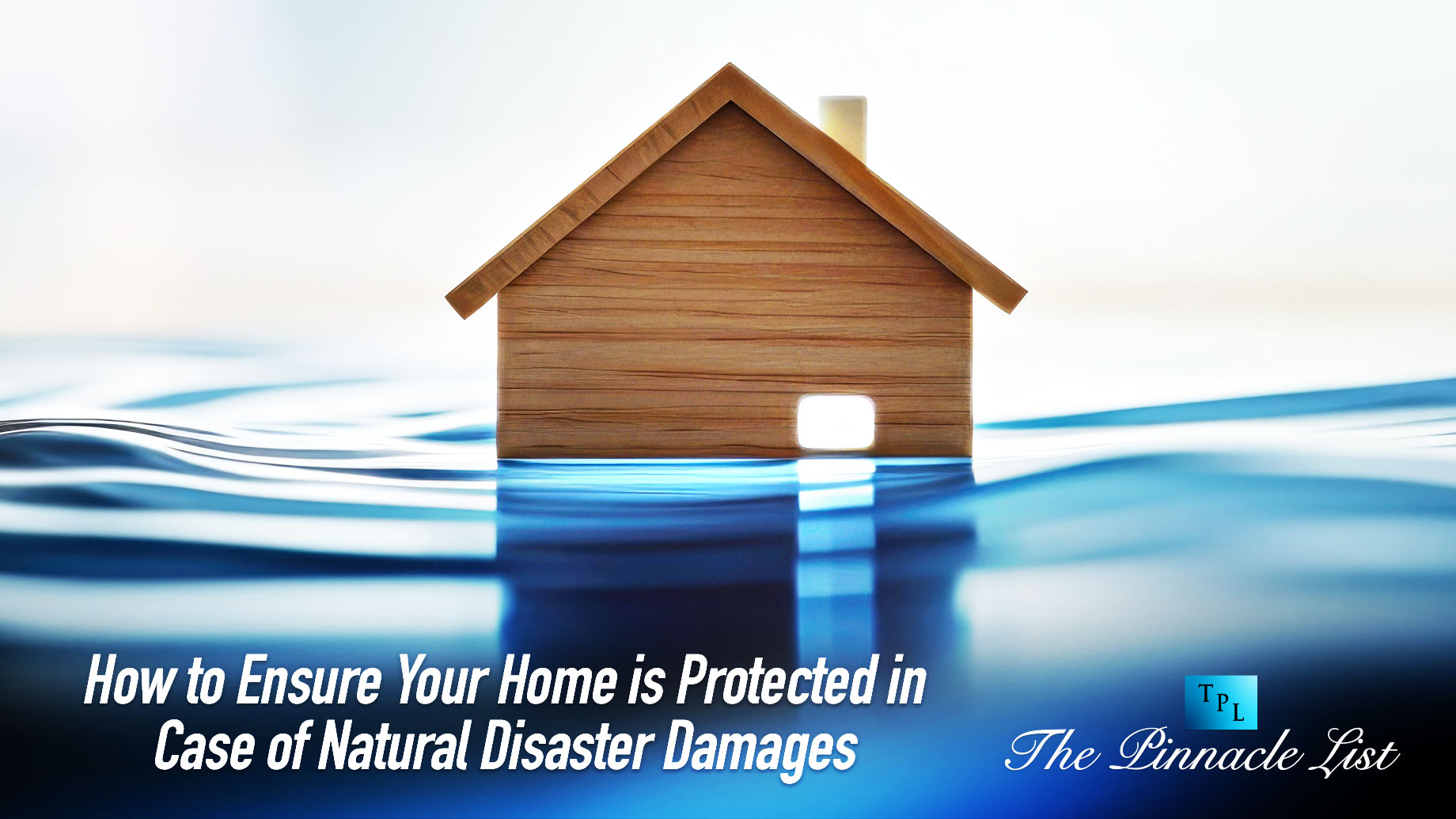Floods, nature’s most unpredictable and devastating forces, can strike without warning, leaving communities and individuals reeling in their wake. As the world grapples with the increasing frequency and intensity of extreme weather events, the importance of flood insurance cannot be overstated. This article delves into the reasons why flood insurance is a crucial investment for homeowners, renters, and businesses alike.
Understanding the Risks
Floods can occur anywhere, regardless of proximity to bodies of water. Heavy rainfall, overflowing rivers, coastal storms, and even dam failures can lead to flooding, causing widespread damage to property and infrastructure. The financial burden of flood recovery can be overwhelming, leaving individuals and businesses facing significant losses.
The Benefits of Flood Insurance
1. Financial Protection: Flood insurance provides a safety net by covering the costs of repairing or rebuilding damaged property. This coverage can help alleviate the financial stress associated with flood recovery and allow individuals and businesses to get back on their feet more quickly.
2. Peace of Mind: Knowing that you have flood insurance in place can provide peace of mind during times of uncertainty. It can help you focus on your safety and well-being, rather than worrying about the financial consequences of a flood.
3. Government Assistance: In many cases, flood insurance is a requirement for obtaining federal disaster assistance. This means that individuals and businesses who are not insured may be eligible for limited or no government aid.
4. Protecting Your Investment: Your home is likely your most valuable asset. Flood insurance can help protect your investment by ensuring that you can rebuild or repair your property if it is damaged by a flood.

Image Source: thepinnaclelist.com
Choosing the Right Flood Insurance Policy
When selecting a flood insurance policy, it is important to consider several factors:
Coverage Limits: Choose coverage limits that are sufficient to rebuild your property to its pre-flood condition.
Additional Considerations
Flood Maps: Check flood maps to determine your flood risk. If you live in a high-risk flood zone, flood insurance is especially important.
Flood insurance is not just a financial product; it is an investment in your peace of mind and the security of your property. By understanding the risks of flooding and the benefits of flood insurance, you can make an informed decision about protecting yourself and your loved ones from the devastating effects of this natural disaster.
Floods are one of nature’s most destructive forces. They can strike without warning, leaving entire communities devastated in their wake. While we can’t control the weather, we can take steps to protect ourselves and our belongings from its wrath. One essential tool in our arsenal is flood insurance.
Flood insurance is a type of property insurance that covers losses caused by flooding. Unlike homeowners insurance, which typically excludes flood damage, flood insurance is specifically designed to provide financial protection in the event of a flood. It can cover the cost of repairs, replacements, and even relocation expenses.
Why Flood Insurance is Crucial
You might be thinking, “I live in a flood-prone area.” But the truth is, floods can happen anywhere. Even areas that have never experienced significant flooding before can be vulnerable to sudden and severe storms. That’s why it’s important to have flood insurance, no matter where you live.
Here are some of the reasons why flood insurance is a must-have:
Protection against unexpected losses: Floods can cause extensive damage to your home and belongings. Without flood insurance, you could be facing significant financial hardship.
Types of Flood Insurance
There are two main types of flood insurance:
Building coverage: This covers damage to your home’s structure, such as walls, floors, and ceilings.
The amount of coverage you need will depend on the value of your property and your risk of flooding. You can work with an insurance agent to determine the appropriate level of coverage for your needs.
How to Get Flood Insurance
Flood insurance is available through the Federal Emergency Management Agency (FEMA). You can purchase a policy through a participating insurance agent or directly from FEMA. The cost of flood insurance varies depending on your location and the level of coverage you choose.
Tips for Protecting Your Home from Floods
In addition to purchasing flood insurance, there are several steps you can take to protect your home from flood damage:
Elevate your home: If possible, elevate your home above the flood plain.
By taking these steps, you can reduce your risk of flood damage and protect your home and belongings.
Natural Disaster Insurance: Protecting Your Home